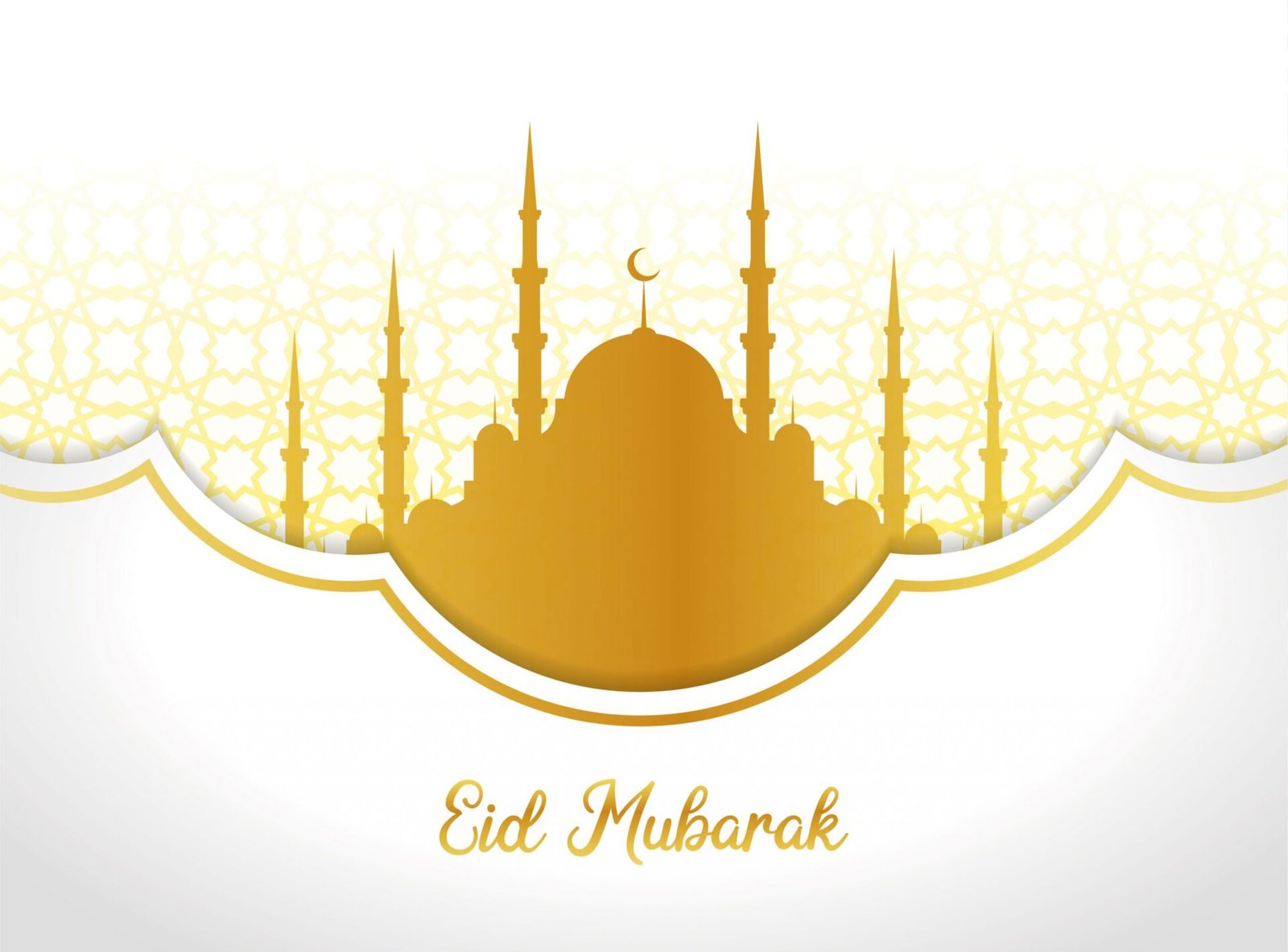Ramadan is the ninth month of the Islamic lunar calendar, and it’s the most religiously significant time of year for Muslims throughout the world. It marks the month in which the Quran—the holy text of Islam—was revealed to the Prophet Muhammad.
The naming of Ramadan originated from the Arabic word “ar-ramad,” which means scorching heat.
Each day during Ramadan, Muslims do not eat or drink from sunrise to sunset. They are also supposed to avoid impure thoughts and bad behaviour. Muslims break their daily fasts by sharing meals with family and friends.
The first pre-dawn meal of the day during Ramadan is called “suhoor.” Each day’s fast is broken with a meal known as “iftar.” Traditionally, a date is eaten to break the fast. The types of foods served vary according to culture.
According to the belief of Muslims Eid ul-fitr is a gift to them from God for the fasts that they observed during the Holy month of Ramadan. About 99% of the population in Algeria follows the religion Islam.
People in Algeria are impatient for the month of Ramadan to arrive and in its honor they gave a title to it called the ‘Sidna Ramadan’ Sidna means our master or owner. Eid and Fitr both are Arabic words and mean ‘festivity’ and ‘to break fast’ respectively so the term Eid ul-Fitr collectively means ‘festival of breaking the fast’.
It is referred to as the small Eid, whereas, Eid ul-Adha, the celebration in the remembrance of the sacrifice of Prophet Ibrahim, is referred to as the Big Eid. Eid ul-Fitr is celebrated on the first of Shawaal (that is the 10th month of the Islamic year), it’s a reward to Muslims for the patience they showed during the whole month of Ramadan in order to purify their souls and seek Allah’s forgiveness and blessings.
Eid ul Fitr history
The festival was first started by Prophet Muhammad (PBUH) in 624 CE to celebrate the victory in the battle of Badr. Since then, Eid ul Fitr has become one of the most significant days in Islam. Stories about the origin of Eid ul Fitr suggests that the festivities spread during the migration of Prohpet Muhammad (PBUH) to Madinah from Makkah.
Significance of Eid ul Fitr

Eid ul Fitr symbolizes virtues like patience, piety, godliness and fortitude. It is a day of celebration as those who observe the fast during Ramadan receive the rewards of rigorous spiritual discipline and month-long worship. On this holy day, Muslims also show their gratitude to Allah for opening the doors of forgiveness and mercy through the sacred month of Ramadan.
In addition to being a time for reflection, fresh beginnings and rejoicing with loved ones, Eid ul Fitr is also a reminder to be kind to those who are less fortunate. The day reminds Muslims to embrace people from social and economic circles and share the joy of festivities with the underprivileged, the poor and the neglected. Prophet Muhammad (PBUH) himself used to make sure that all the needy, the downtrodden and widows were able to share the joys of Eid ul Fitr. The day is when all Muslims should count their blessings and help those who are in need of it.
Traditions in Algeria
Eid is a three day commemoration and the Muslims all around the world celebrate it with great enthusiasm and joy. Also, in Algeria like most of the other Muslim countries, people spend an impressive amount of money on the preparations of this festive day, those who can afford, buy new clothes, accessories for themselves as well as for their families. Also people don’t forget their religious brothers who are poor on this happy occasion, but share their happy moments and help them, this is different to the charity (zaka’t) in Ramadan which is mandatory for all the privileged Muslims.
There is a special Eid prayer on the morning of 1st of Shawaal which is held in open areas or spacious grounds and before the Eid prayer every Muslim who observed a fast has to give Sadqa tul Fitr to show his gratitude to Allah for being able to fast. After the prayer, friends and families have gatherings where they have soups and stews as appetizers, they exchange gifts and greeting cards, and enjoy the yummy food like cucumber and yoghurt soup, roasted stuffed lamb leg, potato and chick pea salad etc. Since Algeria is located in the North of Africa, the locality near the Mediterranean Sea is served with the seafood. Lamb or beef follows in the main course.
The national food of Algeria is Couscous which is a form of pasta and the Algerians prefer chicken, fish or lamb put on a layer of couscous which is then to be covered with the cooked vegetables like carrots, beans etc. There is an interesting Algerian tradition, after the meal a fruit basket is kept on the table and everyone has to peel the fruits that they want to eat, however, on the occasion of Eid ul-Fitr the hosts peel the fruits themselves and serve it to the guests, in fact not only is the fruit peeled but it is also flavored (spiced) and sliced as well.
These festivals create a bond between the people so that they are able to be a part of each other’s happy and joyous moments and help one another in their times of need.





